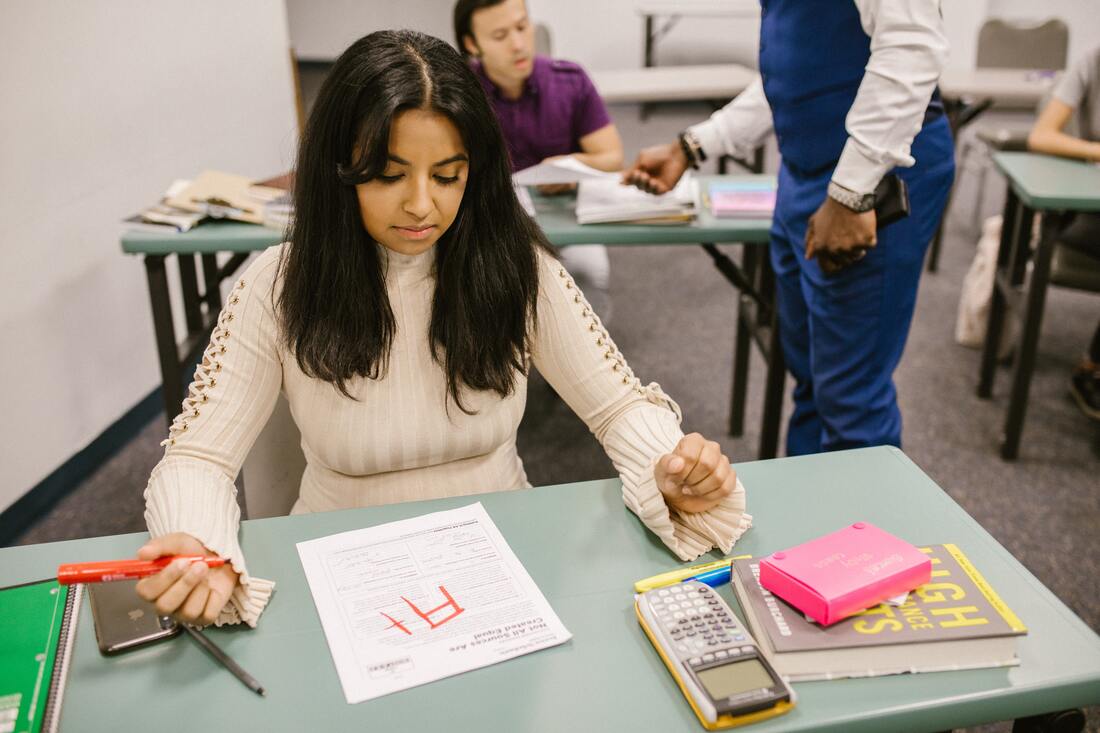|
by Olivia Knight, MAS, Case Manager Hi everyone! I recently went through the process of transferring my case records to a different tracking system, and in the process I learned a few things about what I have accomplished since last October, when I started working at Project Libertad.
I spend a great deal of time working with clients applying for something called Special Immigrant Juvenile Status (SIJS), which you can read more about in this blog post. SIJS is a type of immigration status for children who have been abused, abandoned, or neglected by a parent. The first step in an SIJS case is to obtain a state court order (usually through custody or dependency proceedings) with special findings related to SIJS. My role is to work with our legal team on these cases by connecting students to custody lawyers, helping them turn in the necessary records and paperwork, and supporting them through any academic deficiencies. In certain counties, this is often a frustrating process for children hoping to apply for SIJS. Some courts can be very particular about educational success as a prerequisite for custody. In some cases, a judge will not sign a custody order unless the caretaker is working closely with the child to ensure sufficient academic progress. Grades and school attendance records are everything. So, you can end up with situations where the child has strong facts that qualify them for SIJS (meaning clear abuse, abandonment, or neglect by a parent), but they are unable to obtain the required custody order due to academic challenges. Without that custody order, they are not eligible for SIJS. Trauma causes many of our clients to struggle with school attendance and grades. One study found that, “Two-thirds of [migrant] youth experienced at least one traumatic event [during migration], 44% experienced an event once, and 23% experienced two or more traumatic events during migration.” “Traumatized students are in every single classroom, every day—no matter the grade or subject…For these youth, navigating life, even in the safety of your classroom, can be challenging. Seemingly commonplace occurrences and routines can actually become classroom trauma triggers that cause a domino effect of negative reactions. And once triggered, a traumatized student can’t be engaged in your lesson, and their learning stops.” -- We Are Teachers My journey to transfer case records began with my belief that I was about to uncover a long list of students for whom I’d been instrumental in obtaining custody orders. But when I counted them up, I realized there were just four, with six more on the “in process” list. The amount of time it has taken to help just four students in the first step of their SIJS cases was pretty shocking. But when I look back on all the systems that need to come together to coordinate a successful custody case—individual families, schools, private lawyers, and the judicial system—it is not so shocking. Each system has idiosyncrasies that make it challenging to work with. Caretakers work long days, schools are overwhelmed, private lawyers have specific office hours, and the judicial system is rigid. One factor that makes a huge impact is having counselors, teachers, and other school staff who not only understand trauma but implement proven strategies to better support students living with trauma. With perseverance and the right amount of advocacy and creativity, we at Project Libertad are here to help children win their cases, remain in the United States, and achieve the best possible outcomes.
0 Comments
|
AuthorSArchives
February 2024
Categories |
- Home
- About
- Donate
-
Programs
- Immigrant Children's Defense Project
- Know Your Rights Project
- Conexiones or Connections Therapy Program
- Legal-Mental Health Partnership
- Newcomer Support Programs
- RISE: Refugee and Immigrant Students Excelling
- Mentoring Program
- Juntos para Jóvenes: United for Youth
- Jóvenes Fuertes: Strong Youth
- Educator Trainings
- Adult ESL
- Scholarship
- Volunteer
- Media
- Contact
- Our Team


 RSS Feed
RSS Feed
